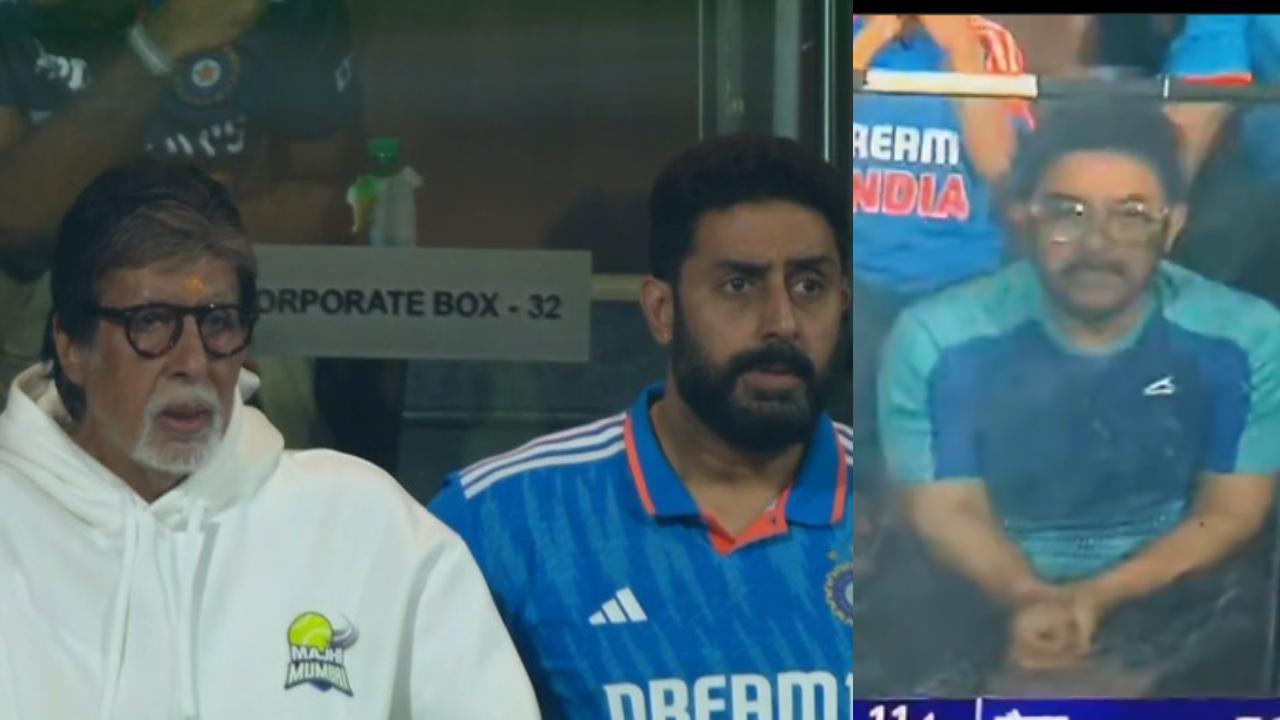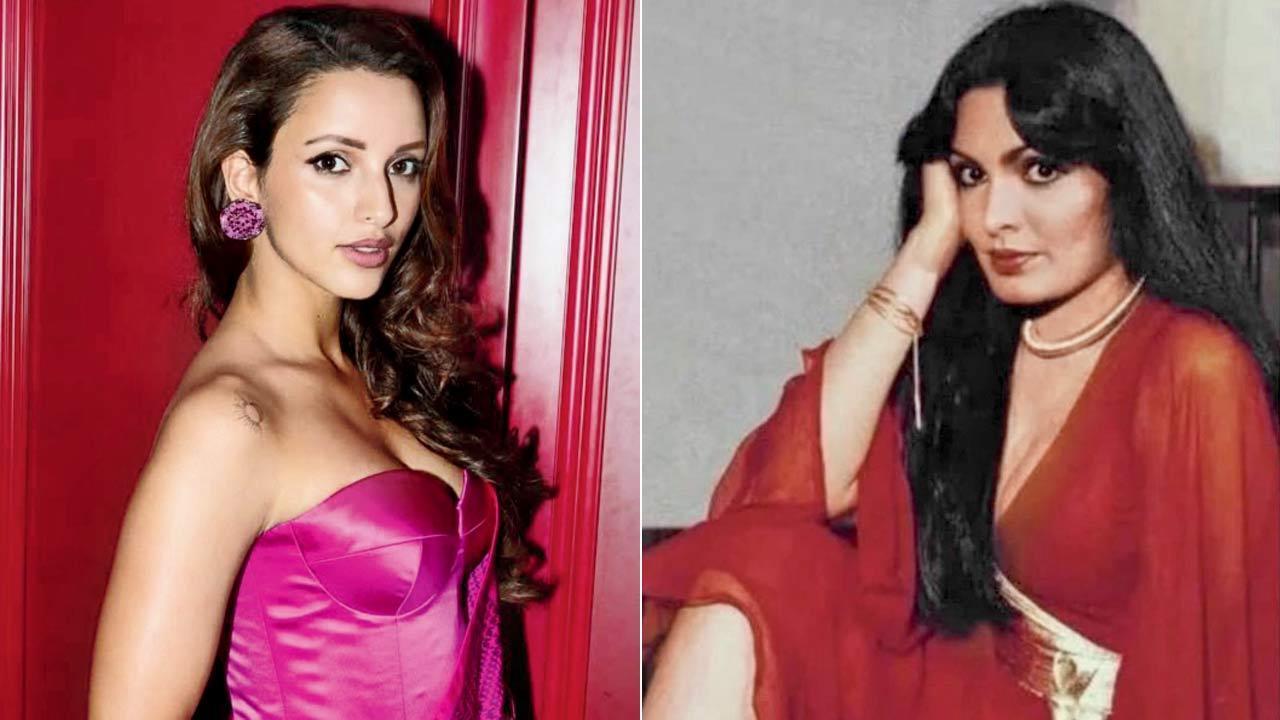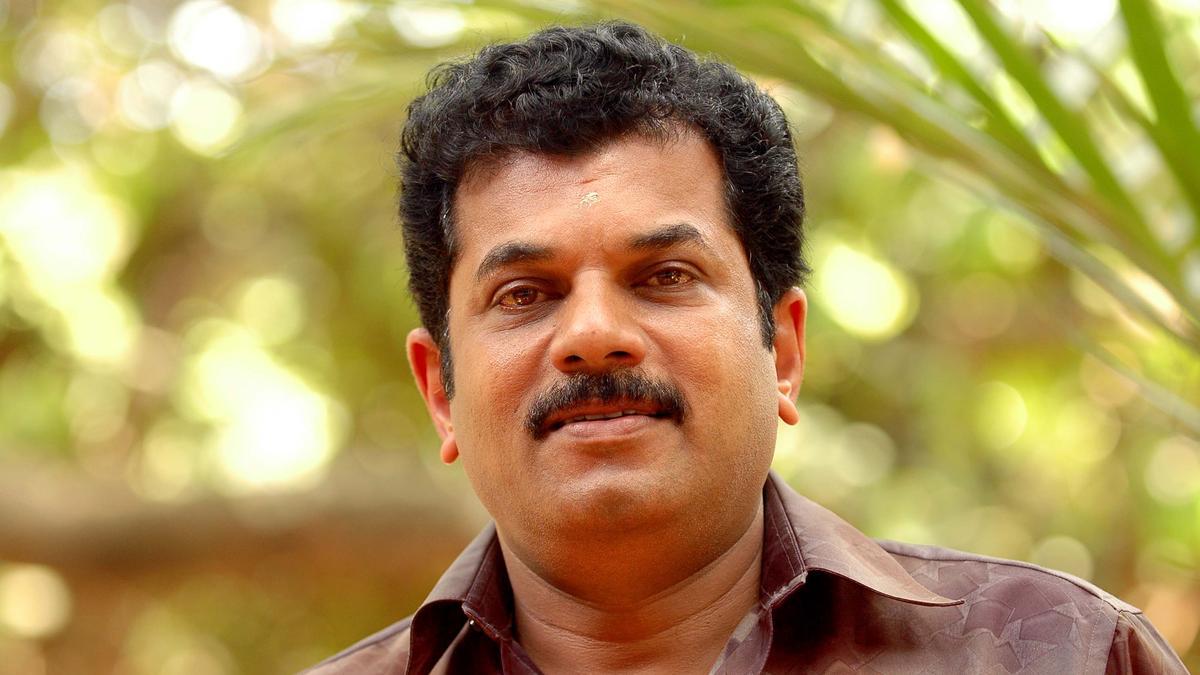
Vijayakant, the charismatic Tamil actor and founder of Desiya Murpokku Dravidar Kazhagam (DMDK), passed away on Thursday in a private hospital in Chennai, leaving behind a changed political landscape in Tamil Nadu. At the age of 71, his demise was attributed to complications following a COVID-19 infection, coupled with years of declining health. Known for his contributions to Tamil cinema and politics, he is survived by his wife Premalatha and their two sons.
Vijayakant’s political journey has been nothing short of remarkable. In a state known for its bipolar political confrontations, he emerged as a significant third force, especially evident in the Assembly elections of 2006 where the DMDK secured an 8.38% vote share independently. This was a substantial disruption in a political scene historically dominated by the DMK and AIADMK. His debut as a political actor stirred up the Tamil Nadu landscape in ways that challenged even seasoned politicians like M. Karunanidhi and Jayalalithaa, chieftains of the established Dravidian parties.
The actor-turned-politician’s rise to power was a testament to his gritty determination, much like his film persona. Vijayakant’s journey to fame began in Madurai as Vijayaraj, a young man who refused to accept the legacy of his family’s rice mill business to pursue his dreams in Madras. He faced numerous challenges, including a period of financial struggle. Finally, success came with his first film, “Inikkum llamai,” directed by M.A. Kaja, who christened him Vijayakant, marking the start of a storied career in the 1980s and 90s Kollywood industry.
Affectionately dubbed ‘Captain’ following his portrayal of the titular character in the film “Captain Prabakaran,” Vijayakant carved out a niche for himself amidst heavyweights like Rajinikanth and Kamal Haasan. His ascent in politics later on saw him earning the nickname ‘Puratchi Kalaignar,’ a title given by Karunanidhi, highlighting the rapport he had with the latter.
In his political prime, Vijayakant’s DMDK allied with the AIADMK in 2011, coming in as the second-largest party in the Tamil Nadu Assembly and crowning him as the Leader of the Opposition. The political wind, however, would not always blow in his favor. By the turn of the decade, his influence had waned, and the DMDK’s vote share plummeted to less than one percent.
Health issues increasingly took a toll on his public engagement and led to Premalatha and his son Prabahkaran to take more prominent roles within the DMDK’s organizational structure. Despite significant setbacks, including defections of DMDK MLAs to rival parties under Jayalalithaa’s tenure, Vijayakant’s legacy continues to inspire a cadre of followers who still cherish his contributions.
The DMDK leader occasionally defied expectations, as seen in the 2014 parliamentary elections when he chose to lead a third front, surprising many who had anticipated a partnership with the DMK. This bold move reshaped the vote dynamics significantly, at times pushing the DMK to a third-place finish in several constituencies. His forays into forming alliances were marked by constant experimentation, at times with the Left parties and others, though these coalitions, including the People’s Welfare Front, often fell short of electoral success.
Beneath his political veneer lay a philanthropist’s heart; having come from humble beginnings, Vijayakant generously contributed to various charitable causes, following in the footsteps of his idol, MGR. Unfortunately, political rivalry saw a portion of his marriage hall and DMDK’s headquarters demolished during the DMK’s developmental projects, casting a shadow on the potential union between these two powerful factions.
Vijayakant’s tumultuous yet impactful political career and cinematic legacy leave a lasting imprint on Tamil Nadu’s cultural and political tapestry. As final respects are paid with state honors, one can reflect on the remarkable life of a man whose work resonated beyond the silver screen, and whose presence briefly realigned the political stars of Tamil Nadu.










